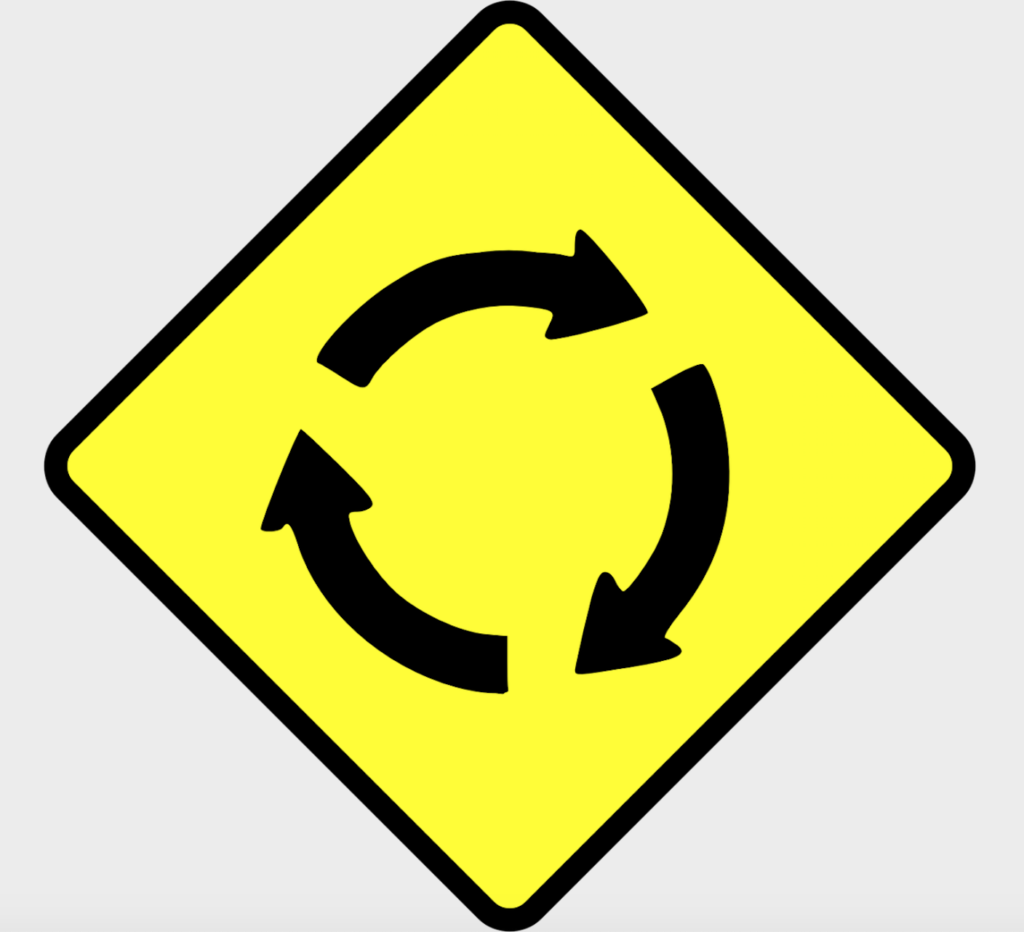Perpetuating Our Own Shame
I wish I had come up with this quote: “The definition of insanity is doing the very same thing over and over and expecting a different result.” Why do we do that? What is it within us humans that takes us back to the same painful choices again and again?

There is an enormous amount of strong metaphorical language in this 13-word sentence. As is common in Solomon’s proverbs, he utilizes simile to make a comparison between a natural event and a moral principle. Similes are identified by their use of “like” or “as.” In this way, the author makes very clear the “foolishness” of us living in a repetitive cycle of sin and shame. Even if we don’t have a spouse or children to be the recipients of our shame, we can still do substantial soul damage merely by perpetuating it (continuing it indefinitely) in our own lives.
We’re Not Alone
The apostle Paul, one of the most prolific leaders of the early Christian church, battled the very same inner nature you and I do. In Paul’s letter recorded in chapter 17 of Paul’s letter to Christians in Rome, he is super honest in revealing his struggle within:
“I do not understand what I do. For what I want to do I do not do, but what I hate I do. And if I do what I do not want to do, I agree that the law is good. As it is, it is no longer I myself who do it, but it is sin living in me. For I know that good itself does not dwell in me, that is, in my sinful nature. For I have the desire to do what is good, but I cannot carry it out. For I do not do the good I want to do, but the evil I do not want to do—this I keep on doing. Now if I do what I do not want to do, it is no longer I who do it, but it is sin living in me that does it.” (Romans 17:15-20 NIV)
Notice a fundamental shift in what Paul is saying about himself within this passage. At the beginning, Paul speaks of his outward struggle – unable to do “right.” But later in the text, he confesses, “It is sin living in me” that continues the cycle of sin and shame in his life.
You and I must get to the same place Paul did – taking ownership responsibility for the sin and shame within ourselves. No excuses. No blaming. No justifying.
No matter how shaming or toxic or rejecting or abandoning our childhood may have been, it is still our responsibility as adults to deal with the sin within us, and to do whatever it takes to not duplicate it into the lives of others, especially our own children. And rest assured, God provides us the only way out: His son, Jesus Christ.
The Shame Cycle
The more deeply shame-based an individual is, the harder it becomes to break the shame cycle. In many instances, this cycle has become a “normal” part of life. But for others, this seemingly endless battle devolves into a shame “spiral,” where toxic shame leads to even more shame, and the individual’s sense of identity, self-worth, and inner power concurrently spiral further and further down, to the point of self-destruction.
There are numerous models of this cycle documented in the literature and throughout the internet. Respectfully, I feel that most of these inadvertently overlook what I consider to be some of the most critical aspects of this commonly seen pattern. What I’ll be explaining is my own professional interpretation of this common dysfunctional cycle.
In upcoming blog posts, I’ll be breaking down each element to help you understand its role in this self-perpetuating loop. In thinking about what might be the most effective way to illustrate this, I’ve chosen to share an honest glimpse into my own personal story that I battled from adolescence into young adulthood.
———-
Soul health and spiritual maturity cannot be separated. Our counselors are ordained Christian ministers as well as certified and licensed Christian counselors. We are able to help you experience freedom from shame, anxiety, depression, or marriage / relationship conflict with methods that are purely Christ-centered. Please click on this link to learn much more about how our DEPRESSION COUNSELING can help you become a more authentic follower of Christ, and help you find freedom from identity dependence.
Life Training offers convenient sessions at our office in Louisville, Kentucky, as well as online counseling via Zoom or FaceTime. Our non-profit counseling practice has an outstanding track record for over a decade helping men and women, individuals and couples who are ready to move beyond anxiety, depression, and conflicts in marriage or other relationships find hope and healing in their lives. Contact us today at 502-717-5433, or by email at drdave@lifetrainingcounseling.org
